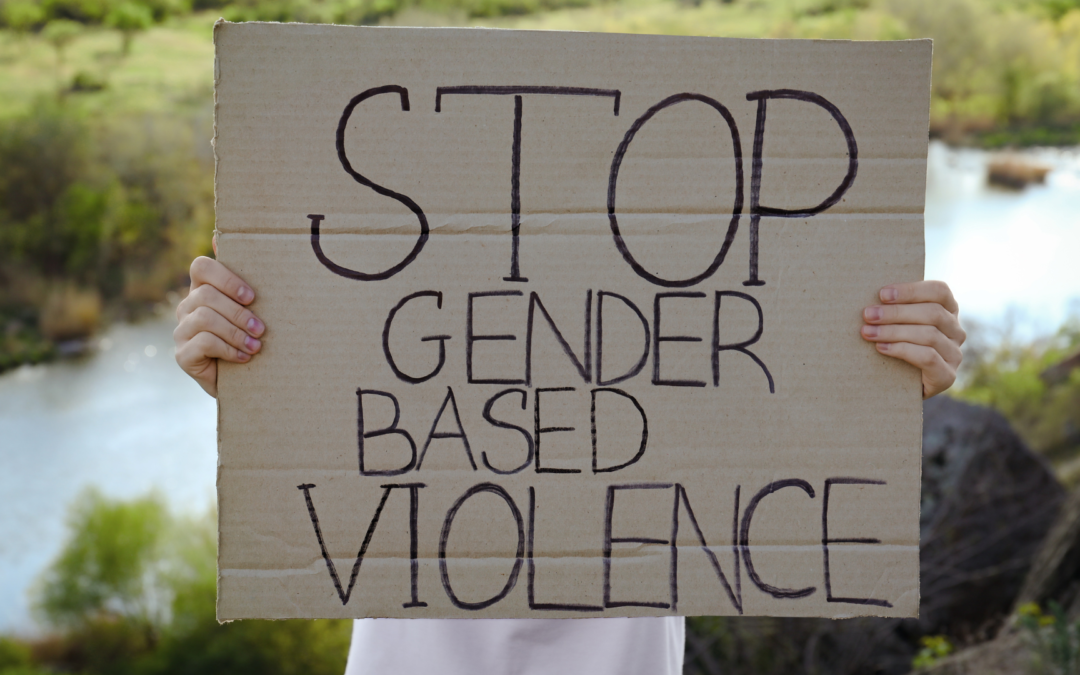Introduction
Gender-based violence (GBV) remains a critical and pervasive human rights challenge within South Africa. Although the country is supported by a comprehensive constitutional and legislative framework designed to safeguard women and girls from such violence, the ongoing prevalence of GBV continues to erode their inherent rights and freedoms. This analysis seeks to evaluate the efficacy of existing legal mechanisms, consider their practical implementation, and discuss recent legislative advancements aimed at addressing and mitigating GBV in South Africa.
Constitutional and Legislative Framework
The Constitution of the Republic of South Africa, 1996,[1] establishes a robust framework for the safeguarding of human rights, with a particular emphasis on promoting gender equality and ensuring protection against violence. This constitutional commitment serves as the cornerstone for addressing systemic inequalities and fostering a society rooted in dignity and justice.
- Section 9 (Equality Clause): Enshrines the fundamental right to equality and unequivocally prohibits unfair discrimination on grounds including, but not limited to, gender and sex. [2]
- Section 10 (Dignity Clause):[3] Establishes the inherent right to human dignity, a core value that is fundamentally compromised by the occurrence of gender-based violence.
- Section 12 (Freedom and Security of the Person): Provides express protection against all forms of violence, whether such harm originates from private individuals or public entities, safeguarding personal autonomy and security. [4]
Beyond the constitutional framework, South Africa has implemented several significant pieces of legislation to combat gender-based violence:
2. Domestic Violence Act 116 of 1998: [5]
- Empowers victims through the issuance of protection orders against perpetrators.
- Broadens the definition of domestic violence to include forms such as economic, emotional, and psychological abuse.
- Strengthens the obligations of law enforcement in handling domestic violence incidents.
3. Sexual Offences and Related Matters Amendment Act 32 of 2007:
- Criminalizes various sexual offences, including rape, sexual assault, and sexual exploitation.
- Establishes the National Register for Sex Offenders to oversee individuals convicted of sexual offences. [6]
4. Criminal Law (Sexual Offences and Related Matters) Amendment Act 13 of 2021:[7]
- Enhances protections for victims of sexual offences by expanding the legal scope of such crimes.
- Imposes stricter penalties to deter and punish sexual offenses.
- Introduces heightened reporting obligations for certain professionals in cases involving sexual offences against minors.
5. Prevention and Combating of Trafficking in Persons Act 7 of 2013:
- Provides comprehensive tools for prosecuting offences related to human trafficking, a crime that disproportionately affects women and girls. [8]
Challenges in the Implementation of GBV Laws
While South Africa has comprehensive laws to combat GBV, several challenges hinder their effective implementation:
- Underreporting of GBV Cases: Victims often refrain from reporting incidents of gender-based violence due to fears of retaliation, societal stigmatization, and a lack of confidence in the criminal justice system’s ability to provide adequate protection and redress.
- Delays in Prosecution and Convictions: The prolonged resolution of GBV cases, frequently spanning several years, serves as a significant deterrent for victims seeking justice, further exacerbating their trauma.
- Inadequate Law Enforcement Response: The absence of sufficient training and a lack of sensitivity among law enforcement officers and judicial officials undermine the effective handling of GBV cases, contributing to systemic failures.
- Limited Access to Support Services: Many communities, particularly those in rural areas, face a critical shortage of shelters, psychological counselling, and legal assistance, leaving victims without the comprehensive support necessary for recovery and justice.
Recent Legislative and Policy Developments
Recognizing these challenges, the South African government has introduced key legislative amendments and policy measures to strengthen GBV protections:
- National Strategic Plan on Gender-Based Violence and Femicide (2020–2030): Seeks to deliver a unified and collaborative approach to combating GBV by harmonizing the efforts of government entities and civil society. The plan prioritizes prevention, effective responses to incidents, and comprehensive support systems for survivors.
- Criminal and Related Matters Amendment Act 12 of 2021: Tightens bail conditions for individuals accused of GBV and imposes harsher sentencing measures, particularly targeting repeat offenders, to strengthen deterrence and accountability. [9]
- Domestic Violence Amendment Act 14 of 2021[10]: Broadens the legal understanding of domestic violence to encompass a wider array of abusive conduct. It also introduces digital platforms for filing protection orders, thereby enhancing accessibility for victims in need of urgent intervention.
The Way Forward to effectively combat gender-based violence (GBV) and ensure the practical enforcement of legal frameworks, South Africa must prioritize the following measures:
- Strengthening Law Enforcement Training: Equip police officers and judicial officials with specialized training to handle GBV cases with both sensitivity and efficiency, ensuring victim-centered approaches.
- Increasing Support Services for Victims: Expand the availability of essential support services, including shelters, psychological counselling, and accessible legal aid, particularly in underserved communities.
- Enhancing Public Awareness Campaigns: Bolster educational initiatives aimed at dismantling harmful gender norms, promoting gender equality, and encouraging victims to report incidents of GBV.
- Ensuring Accountability: Improve the efficiency of the criminal justice system by accelerating prosecution timelines and imposing stricter penalties, particularly for repeat offenders, to reinforce deterrence and trust in the system.
Conclusion
While South Africa has made substantial progress in developing a robust constitutional and legislative framework to address gender-based violence (GBV), the persistent prevalence of this issue highlights critical gaps in enforcement and implementation. A comprehensive and integrated strategy, encompassing ongoing legal reform, enhanced law enforcement training, expanded victim support services, and societal education is imperative to effectively combat GBV.
As legal practitioners, our responsibility extends beyond advocacy to actively contribute to building a justice system that safeguards victims’ rights and fosters accountability, equality, and safety for all.
For further assistance, consult an attorney at SchoemanLaw.


Recent Comments